Heart Care Patient Stories
See what our patients are saying about cardiac care at Scripps
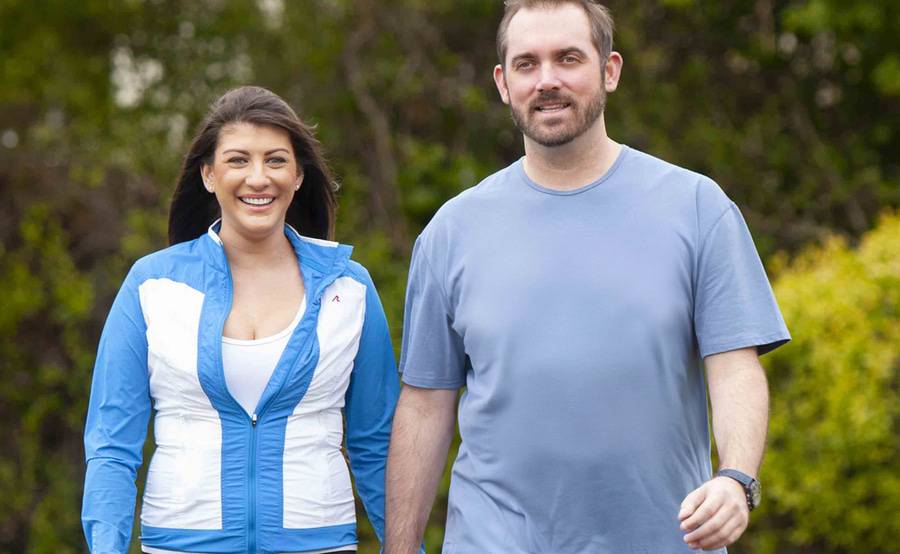
See what our patients are saying about cardiac care at Scripps
Scripps Health is a nationally recognized leader that heart care patients count on to treat all types of heart conditions.
Whether it’s an unexpected heart event, hereditary heart condition, heart failure, heart disease or rare heart diagnosis, our team of cardiologists, cardiac surgeons and heart specialists are with you every step of the way to ensure the best care and outcomes.
Scripps is committed to improving our patients’ quality of life and returning them to fuller and more active lifestyles. These patient stories illustrate how Scripps’ expert cardiologists, compassionate care, leading-edge research and state-of-the-art technology put them back on the road to good health.
And their stories will also show you why Scripps is the heart care leader you can trust when it matters the most.
Overcoming Heart Failure
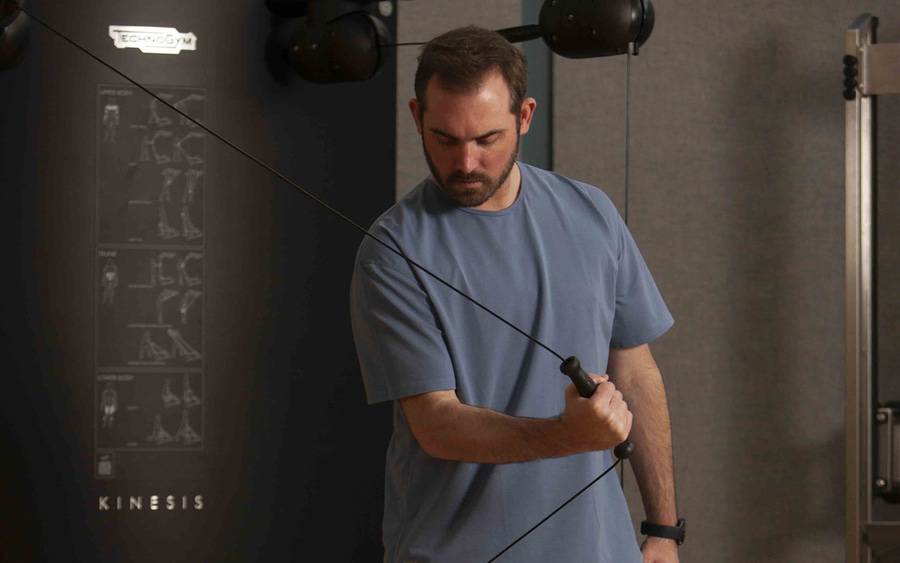
Overcoming Heart Failure
Eric Roberts received life-saving treatment at Scripps following sudden heart failure.
A Complicated Case
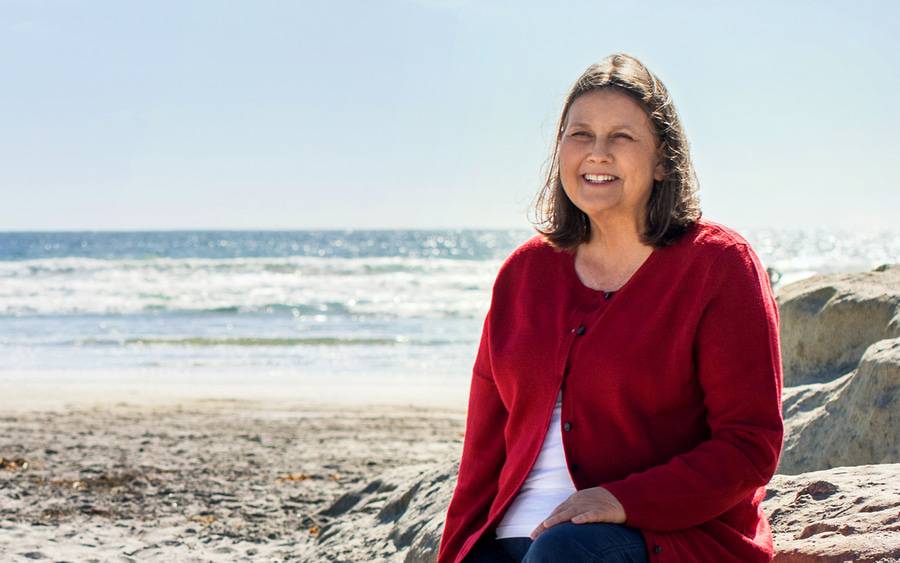
A Complicated Case
Kim Trauth required a rare mitral valve procedure when she began having heart problems associated with childhood cancer treatment.
The Right Call
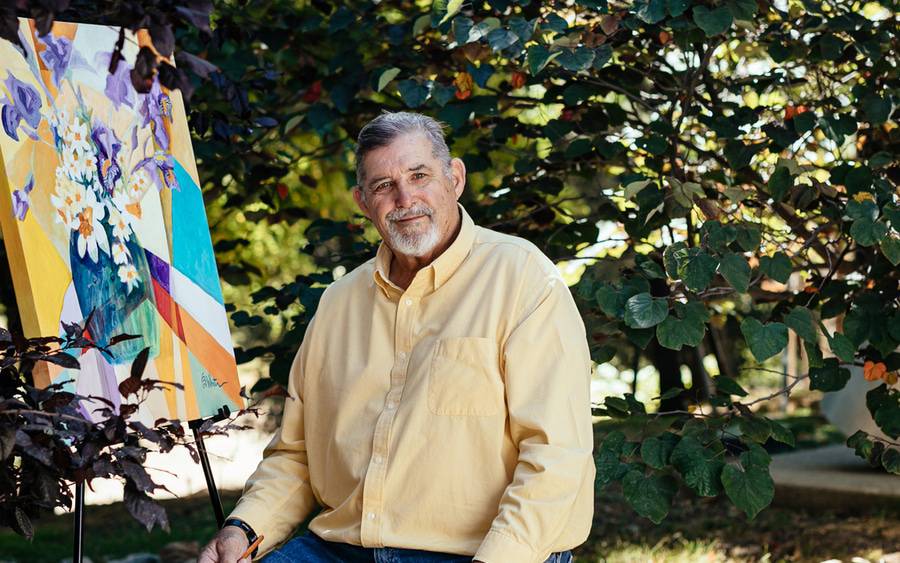
The Right Call
Learn how Scripps helped NFL great Ed White defend his life with leading-edge TAVR treatment for aortic stenosis.
A Legendary Save
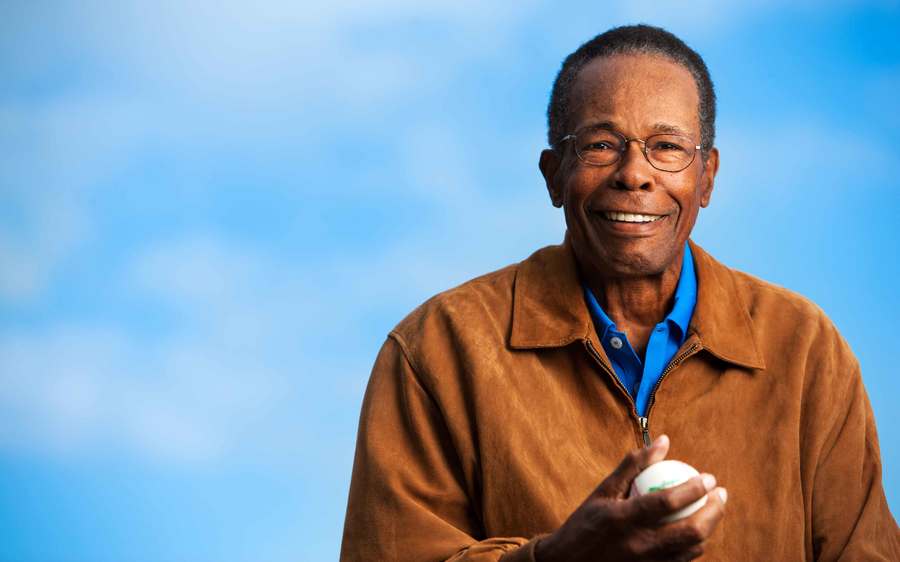
A Legendary Save
MLB Hall of Famer Rod Carew’s heart journey and LVAD experience is a prime example of why getting your heart checked is so important.
Comic Relief
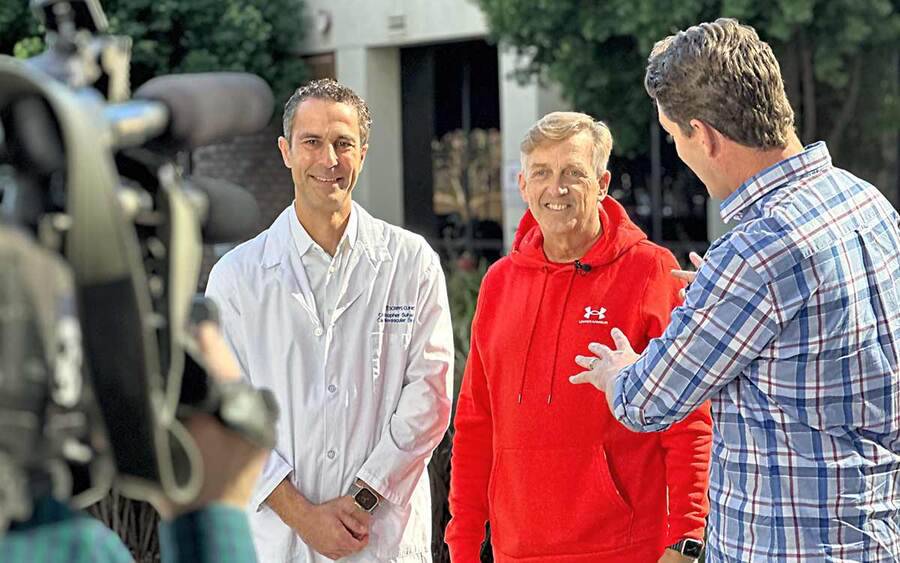
Comic Relief
After surviving a "widow-maker" heart attack, the expert care team at Scripps helped comedian Mark Whitney find a new perspective on life.
Back in the Race

Back in the Race
Champion speed skier and cyclist Philippe May keeps competing at a high level after Scripps treated his heart rhythm disorder.
An Innovative Approach
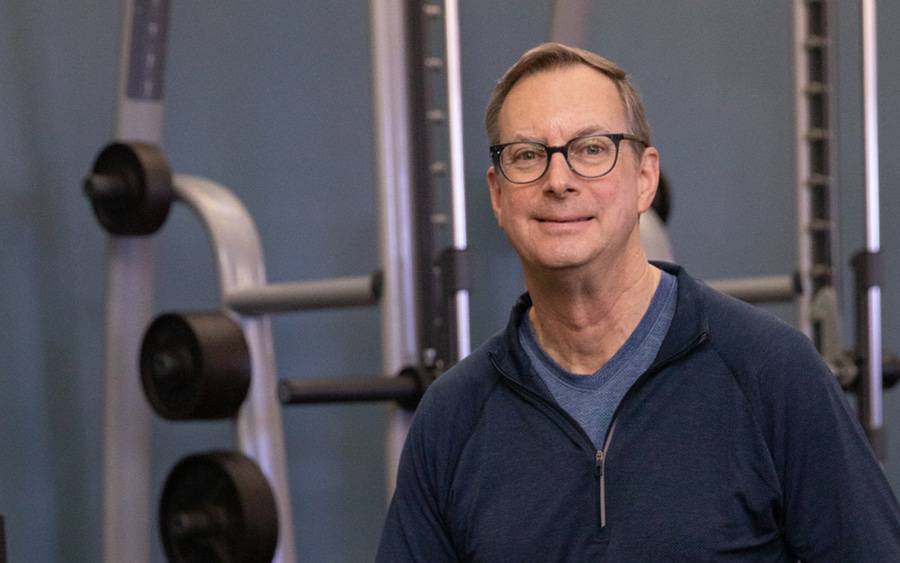
An Innovative Approach
An advanced cardiac imaging test at Scripps helped Keith Kendrick survive a hereditary heart condition.